Brunei, a small but prosperous nation on the island of Borneo, is increasingly embracing sustainable engineering practices in its construction industry. This shift aligns with the country’s commitment to reducing environmental impact and promoting long-term ecological balance. This article explores the eco-friendly construction methods gaining traction in Brunei and their significance for the nation’s future.
The Need for Sustainable Construction
Brunei’s rapid development has led to increased construction activities, raising concerns about:
- Environmental degradation
- Resource depletion
- Carbon emissions
- Waste generation
Recognizing these challenges, the government and private sector are now prioritizing sustainable engineering practices to mitigate these issues while continuing to support economic growth.
Key Sustainable Engineering Practices
Brunei’s construction industry is adopting several eco-friendly methods:
- Green Building Materials: Incorporating locally sourced, renewable, and recycled materials to reduce the carbon footprint of construction projects.
- Energy-Efficient Design: Implementing designs that maximize natural lighting and ventilation, reducing reliance on artificial lighting and air conditioning.
- Water Conservation: Installing rainwater harvesting systems and water-efficient fixtures to minimize water consumption in buildings.
- Waste Reduction: Employing prefabrication techniques to reduce on-site waste and implementing comprehensive recycling programs.
- Renewable Energy Integration: Incorporating solar panels and other renewable energy sources into building designs to decrease dependence on fossil fuels.
These practices not only reduce environmental impact but also often result in long-term cost savings for building owners and occupants.
Government Initiatives and Regulations
Brunei’s government plays a crucial role in promoting sustainable engineering through:
- Green Building Standards: Developing and enforcing standards that encourage energy efficiency and sustainable design.
- Incentive Programs: Offering tax breaks and other incentives for developers who incorporate green technologies and practices.
- Education and Training: Supporting programs to train local engineers and architects in sustainable design and construction methods.
- Research Funding: Allocating resources for research into innovative sustainable construction technologies suitable for Brunei’s climate.
These initiatives demonstrate Brunei’s commitment to balancing development with environmental stewardship.
Challenges and Opportunities
While progress is being made, Brunei’s construction industry faces several challenges in adopting sustainable practices:
- Initial Costs: The higher upfront costs of some green technologies can be a barrier to adoption.
- Skill Gap: There’s a need for more local expertise in sustainable engineering and construction techniques.
- Climate Considerations: Brunei’s tropical climate presents unique challenges for sustainable design, requiring tailored solutions.
However, these challenges also present opportunities for innovation and growth in the sustainable construction sector.
Benefits of Sustainable Engineering Practices
The adoption of eco-friendly construction methods offers numerous benefits:
- Reduced Environmental Impact: Lowering carbon emissions and preserving natural resources.
- Energy Efficiency: Decreasing long-term operational costs for building owners and occupants.
- Improved Health and Comfort: Creating healthier indoor environments for building users.
- Economic Diversification: Fostering the growth of green technology industries in Brunei.
- Enhanced International Reputation: Positioning Brunei as a leader in sustainable development in Southeast Asia.
Several projects in Brunei showcase successful implementation of sustainable engineering practices:
- The Empire Brunei Hotel: Incorporates extensive use of natural lighting, energy-efficient systems, and locally sourced materials.
- Universiti Brunei Darussalam’s Green Campus Initiative: Features rainwater harvesting, solar power integration, and sustainable landscaping.
- Eco-Corridor Project: A large-scale urban development focusing on biodiversity conservation and sustainable infrastructure.
More projects can be found listed in this article.
Conclusion
Brunei’s construction industry is making significant strides in adopting sustainable engineering practices. By embracing eco-friendly construction methods, the nation is demonstrating its commitment to reducing environmental impact while continuing to develop its infrastructure. The challenges faced in this transition are outweighed by the long-term benefits of sustainability.
As Brunei continues to grow and develop, the integration of sustainable engineering practices in its construction industry will play a crucial role in shaping a greener, more resilient future for the country. By balancing economic development with environmental stewardship, Brunei is setting an example for sustainable growth in the region and beyond.

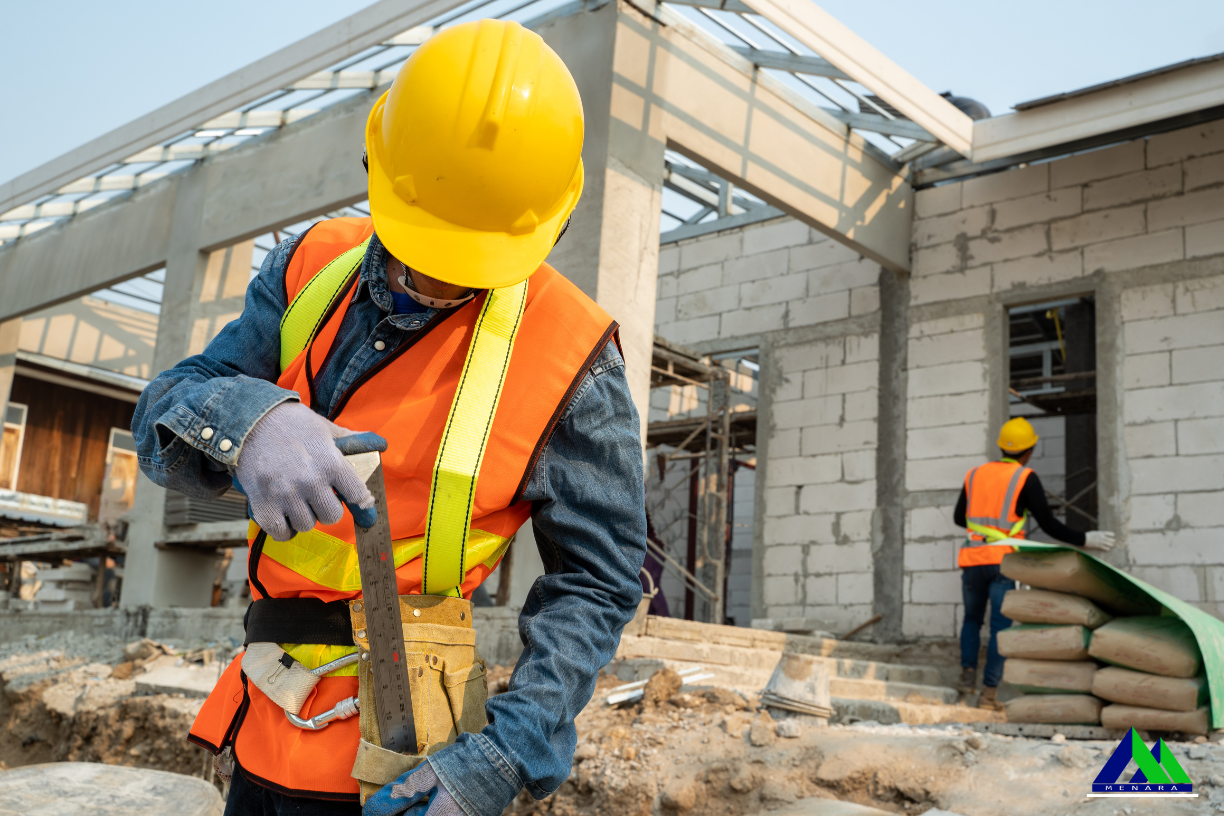
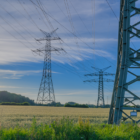
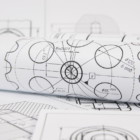


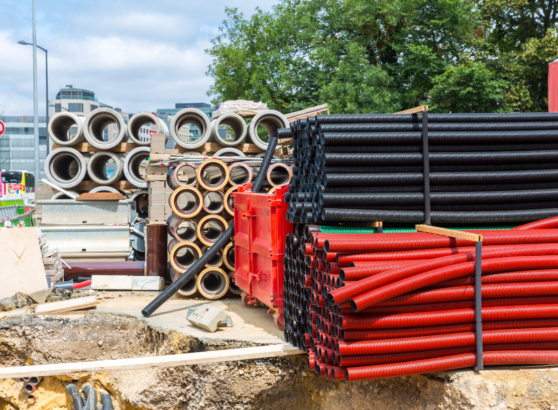
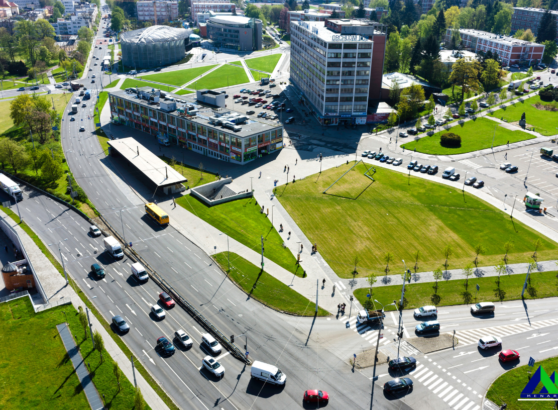
HSE - Health, Safety, Environment in Brunei's Engineering
[…] economic development and infrastructure growth. As the country continues to advance, there is an increasing focus on Health, Safety, and Environment (HSE) practices within its engineering fields. This article […]